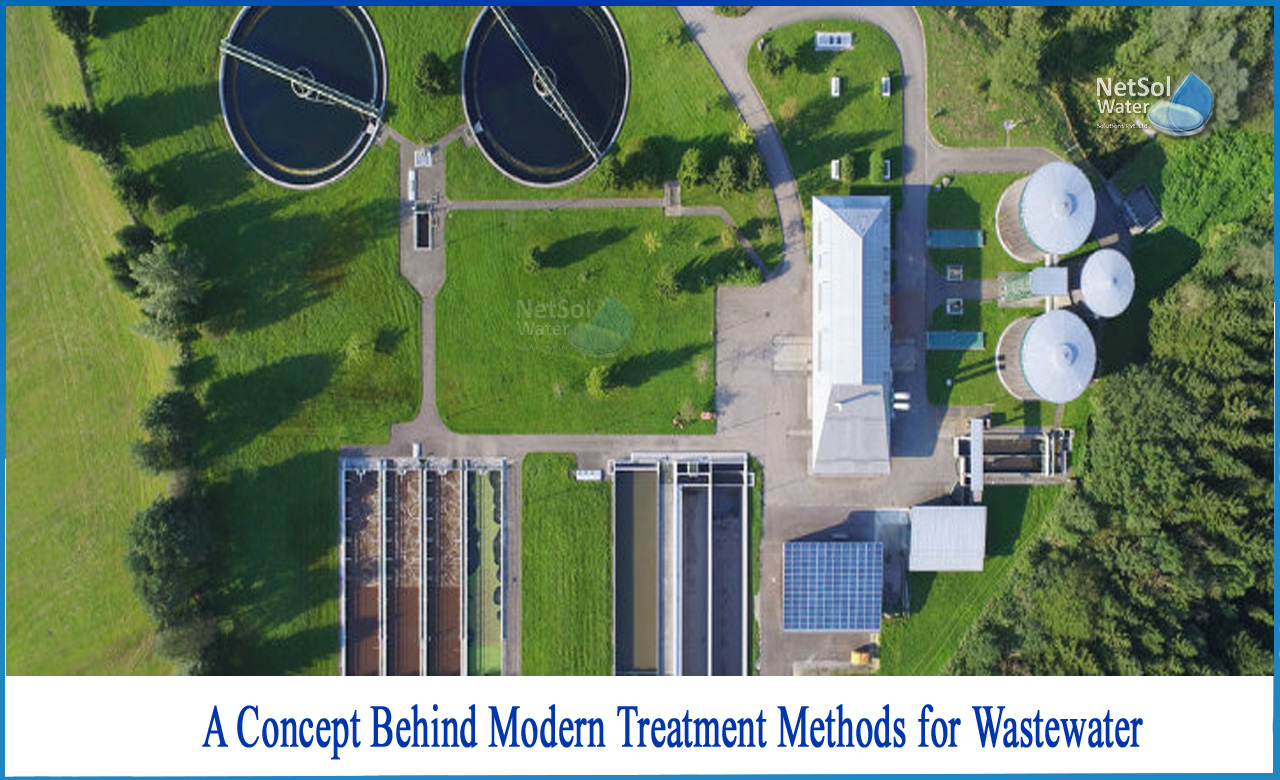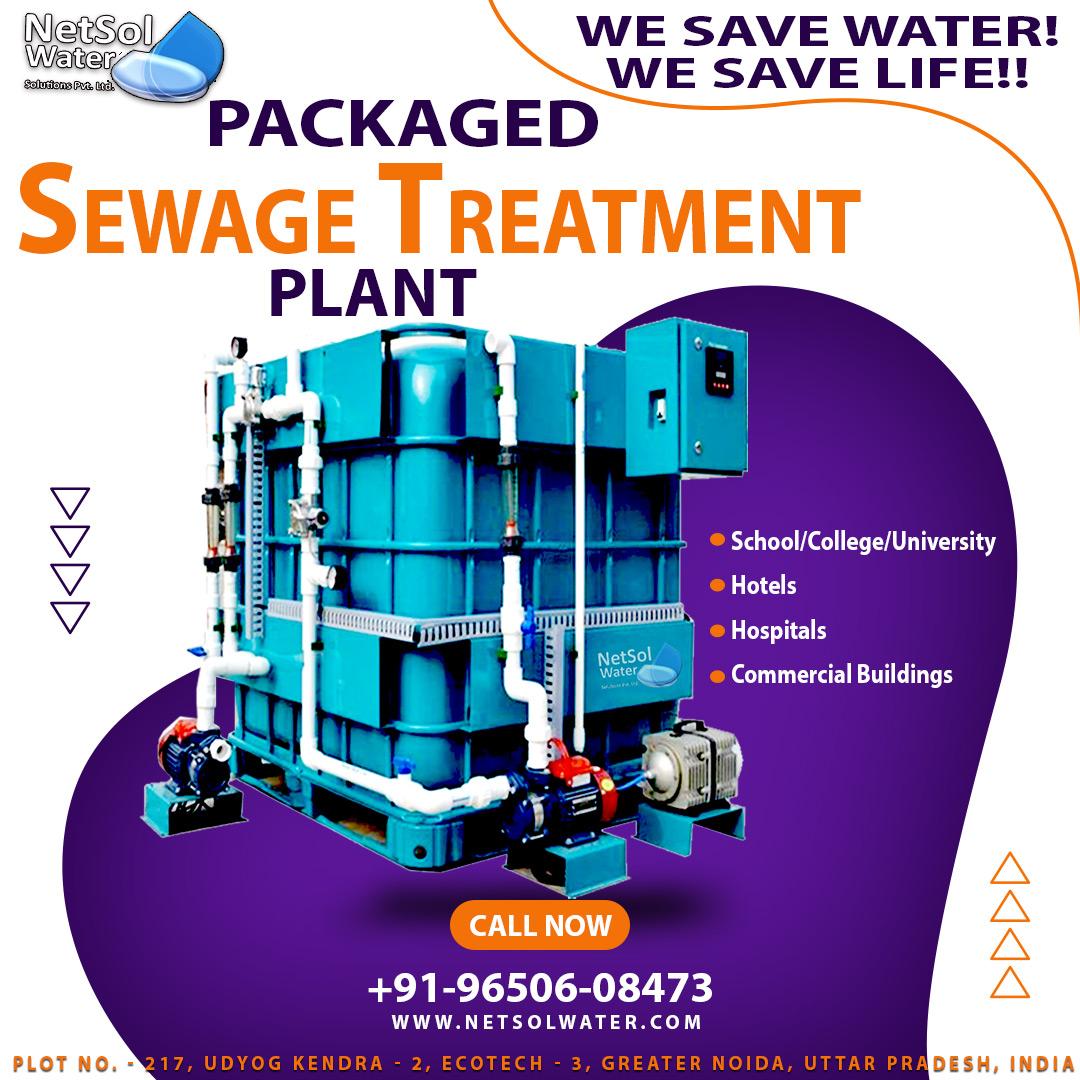Wastewater and Its Conventional method of Treatment
With the country's rising urbanisation, there has been a corresponding increase in the demand for and consumption of water that is one of the life's most basic necessities. Nearly 80% of the water supplied for domestic consumption is discharged as effluent. Most wastewater is discharged untreated, and it either sinks into the Earth as a potential groundwater pollutant or is dumped into the natural drainage system, creating pollution in downstream areas. As a result, it is critical to treat wastewater with current technology in order to recover as much useable water as feasible. However, the bulk of Indian towns and cities either lack sewerage and sewage treatment systems or have insufficient treatment facilities.
In conventional treatment systems, solids, organic materials, and sometimes nutrients are removed from wastewater using a combination of physical, chemical, and biological processes.
New sewage treatment technologies, such as the membrane bioreactor (MBR), can treat wastewater to a level similar to that of river water. Traditional wastewater treatment processes are costly and complicated to operate and maintain. In India, sludge removal, treatment, and handling have been the most overlooked aspects of STP operation. The facilities built to treat wastewater do not function correctly and are frequently closed due to inappropriate design, poor maintenance, frequent power outages, and a lack of technical manpower. One of the most significant issues with wastewater treatment systems is that none of the present solutions provide a direct economic benefit.
Local governments are often uninterested in wastewater treatment due to the lack of a financial return. It has also been discovered that certain STPs fail to fulfil prescribed BOD requirements.
How to Modern treatment of wastewater?
Conventional methods have a problem while treating wastewater so there is a need for modern treatment process:
1: Eliminates potential diseases - Wastewater treatment systems remove hazardous organisms and eliminate disease-causing microorganisms. The wastewater is filtered before it exits the tank and enters the ground to remove contaminants. Pathogens are kept out of water sources and away from plants and farm animals using this filtration method.
2: Low cost - If properly maintained, wastewater systems can endure for up to 15 years. It is a cost-effective way of purifying water and preventing the spread of harmful microorganisms.
3: Minimal Odour Emissions - Modern waste water systems emit minimal odours when compared to older systems. People are often put off investing in a septic tank or similar system because of the odours it can produce. Odours are not an issue with current systems if they are properly maintained.
4: Little Maintenance - Modern wastewater treatment systems are much easier to maintain and last much longer than earlier types.
5: Less Wasteful - Septic tanks today do not waste as much water as main lines do. For only one use of the toilet or one load of washing, there is no surplus waste water that needs to be handled. The water utilised is returned to the earth and naturally purified.
6: Faster breakdown of solids - The majority of current wastewater treatment systems are aerobic, which means they can break down particles considerably faster than previous systems. As a result, blockages are less of an issue, de-sludging is less common, and sediments contaminate the groundwater and drainage field less frequently.
Netsol Water provides you with the best methods for providing best possible ways for wastewater treatment. It offers all modern day techniques for the treatment process.




